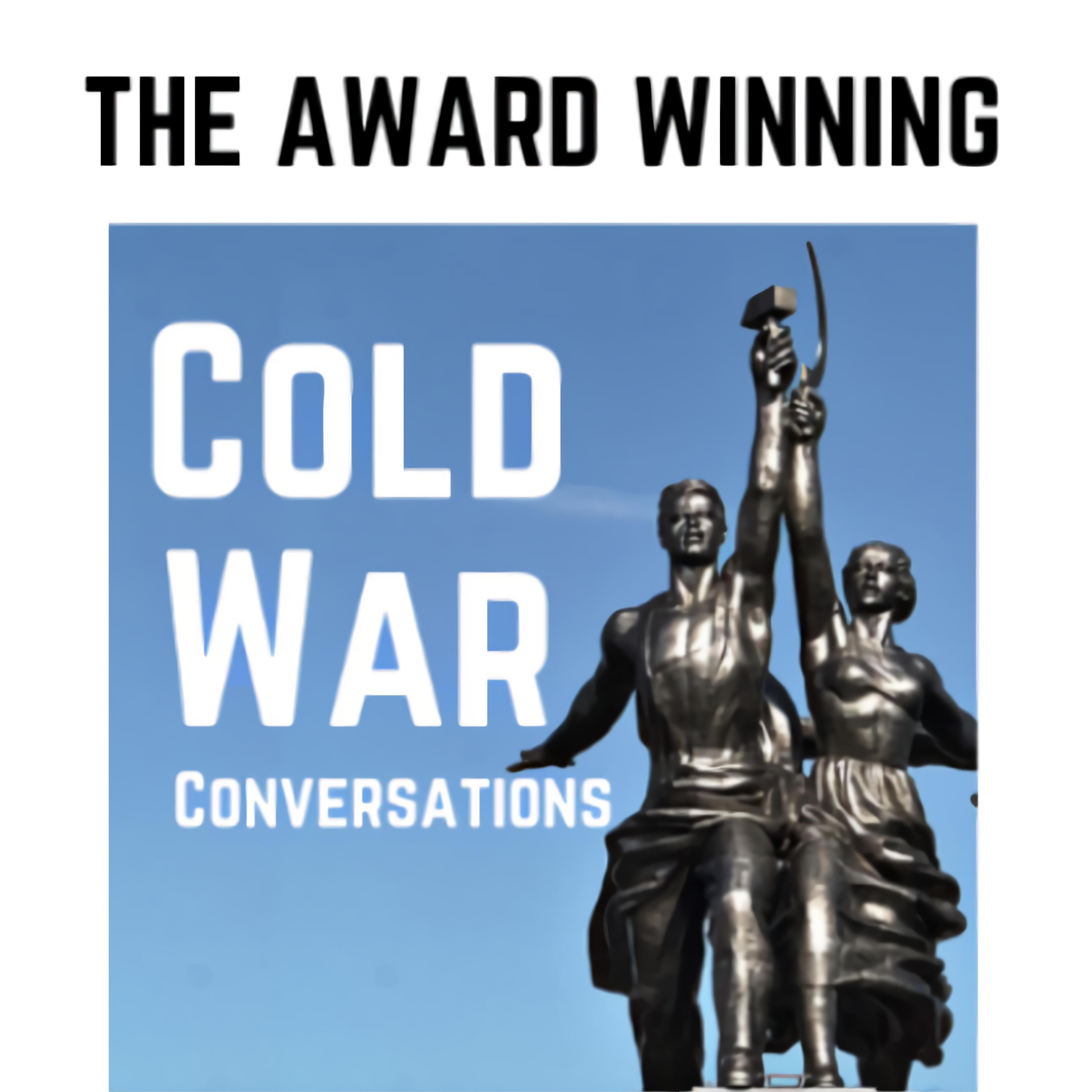A Cold War Polish childhood near Wroclaw
Tom lived in western Poland in an area that had been part of Germany until the end of World War 2. He describes how his grandmother settled in this area and the strangeness of taking over formerly German houses and apartments.Tom’s grandfather on his mother’s side was a Communist activist who worked for the Polish security services which created some tension as Tom’s father dodged the draft into the Polish Army.Tom describes his childhood in some detail, highlighting the contrasts of life in Cold War Poland versus some of the Warsaw Pact countries such as how the Boy Scouts and the Catholic Church managed to co-exist with the Communist government.He is 11 years old when the free trade union Solidarity is made illegal and martial law is declared by the Polish Communist authorities. Tom describes how life changes under martial law and the suppression of Solidarity demonstrations.We end with the poignant story of his Grandmother’s experiences as a forced labourer in Germany during World War 2. Extra episode information https://coldwarconversations.com/episode304The fight to preserve Cold War history continues and via a simple monthly donation, you will give me the ammunition to continue to preserve Cold War history. You’ll become part of our community, get ad-free episodes, and get a sought-after CWC coaster as a thank you and you’ll bask in the warm glow of knowing you are helping to preserve Cold War history.Just go to https://coldwarconversations.com/donate/If a monthly contribution is not your cup of tea, We also welcome one-off donations via the same link.
Find the ideal gift for the Cold War enthusiast in your life! Just go to https://coldwarconversations.com/store/Support the project! https://coldwarconversations.com/donate/Follow us on Twitter https://twitter.com/ColdWarPodFacebook https://www.facebook.com/groups/coldwarpod/Instagram https://www.instagram.com/coldwarconversations/Youtube https://youtube.com/@ColdWarConversationsLove history? Join Intohistory https://intohistory.supercast.com/ Learn more about your ad choices. Visit megaphone.fm/adchoices

